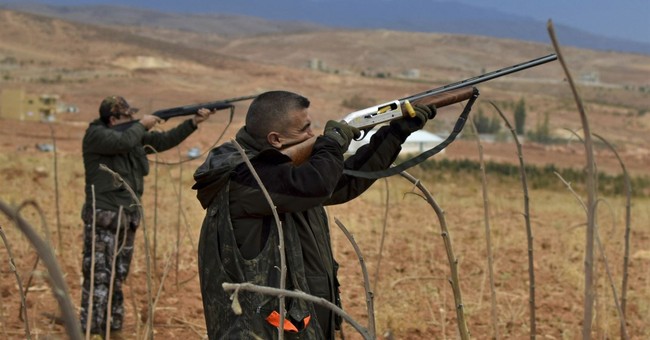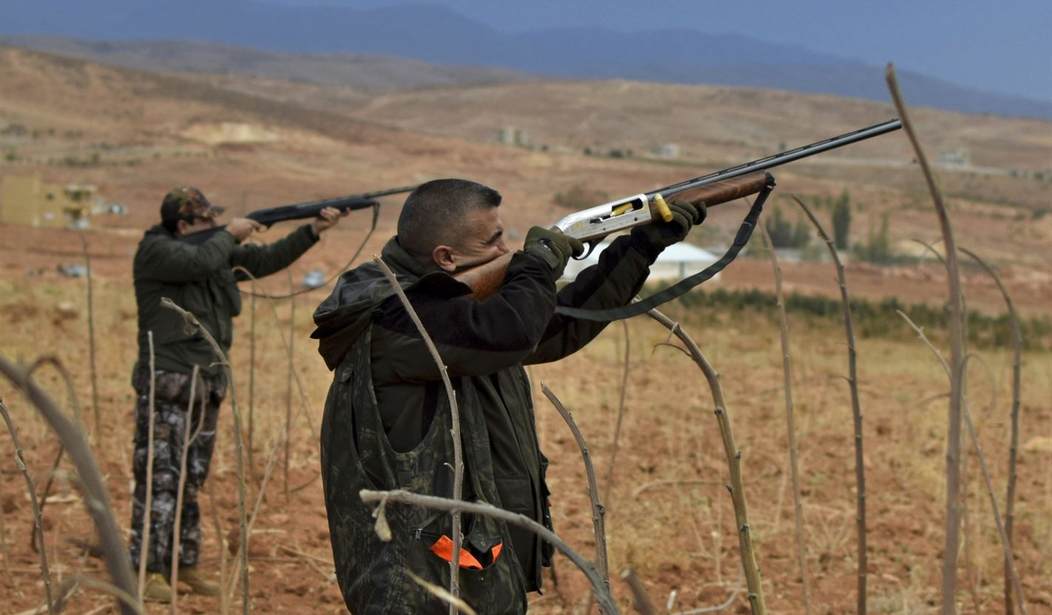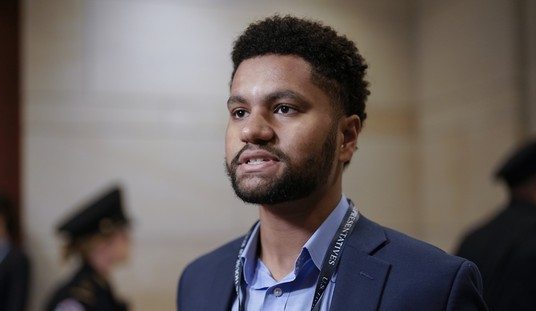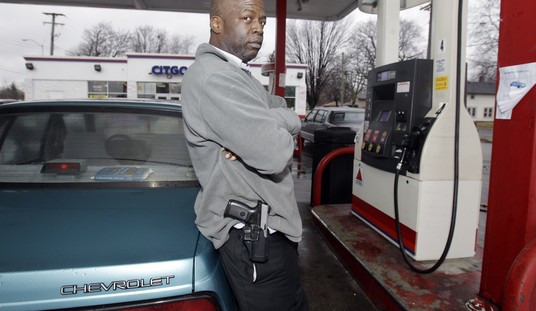
There’s been a lot of talk about guns. It has probably been a contributing factor in the SAFE Act not being passed. It’s unlikely we’re going to get a lot of pro-gun legislation passed for some time, which is a shame.
However, one thing that can pass is pro-hunting legislation.
The measure, H.R. 2591, termed the Modernizing the Pittman-Robertson Fund for Tomorrow’s Needs Act, passed Sept. 12 on a voice vote. It aims to give more flexibility to state wildlife agencies in using the funds generated from a longstanding excise tax on guns and ammunition, primarily directed at the recruitment and retention of hunters to the sport.
“With a national decline in outdoor recreational activities, Pittman-Robertson funds are shrinking and our state and local habitats are suffering, which is why I have been fighting to give states more flexibility in how they use their PR funds and hopefully attract more Americans to the outdoors in the process,” said the bill’s sponsor, U.S. Rep. Scott, R-Ga.
The bill, which passed the House Committee on Natural Resources in May and has nominal bipartisan support, aims to modify the 1937 Pittman-Robertson Wildlife Restoration Act. This 80-year-old law uses an excise tax levied on all firearms and ammunition sold or imported into the country to perform conservation-related tasks as varied as restoring elk habitat to funding safety programs and establishing public shooting ranges. Paid for by manufacturers and producers, the fund has been pushed into overdrive in recent years because of a spike in gun and ammunition sales. In 2012, the fund apportioned $371 million to state conservation agencies. By 2015, it broke $1 billion and has maintained that level since.
This works out to be a win for states and for hunters since the state level is far more likely to know what hunting in a given state needs than the federal government.
In this case, they need more hunters.
For some reason, hunting numbers have fallen off drastically through the years. Partially a reaction to anti-hunting activism and claims that hunting today isn’t sporting, coupled with attempts to curtail firearm ownership, have likely contributed to some extent.
Additionally, hunting is one of those pastimes that people who live in cities often don’t think about as even being possible for them.
To make matters worse, I can’t help but think that when they watch hunting shows to explore any interest, what they see are people going to these private hunting resorts that cost thousands of dollars per trip, making the pastime look out of their financial reach.
If they know about publicly accessible hunting land, they may be fearful of stupid people hunting near them–it’s a concern of mine, to be sure–and be turned off.
In other words, there are a lot of challenges in attracting new hunters. However, conservation efforts require hunters to generate the needed funds. I’m perfectly fine with money already being collected to be used in a manner like this.
Now, if it were a new tax or something, I’d probably feel differently, but the money is already there and is just being used differently. I’m OK with that.








Join the conversation as a VIP Member